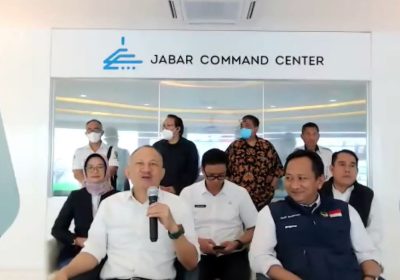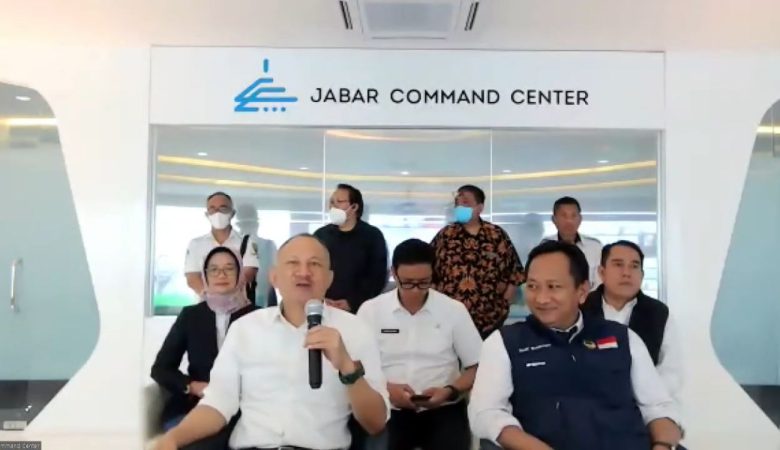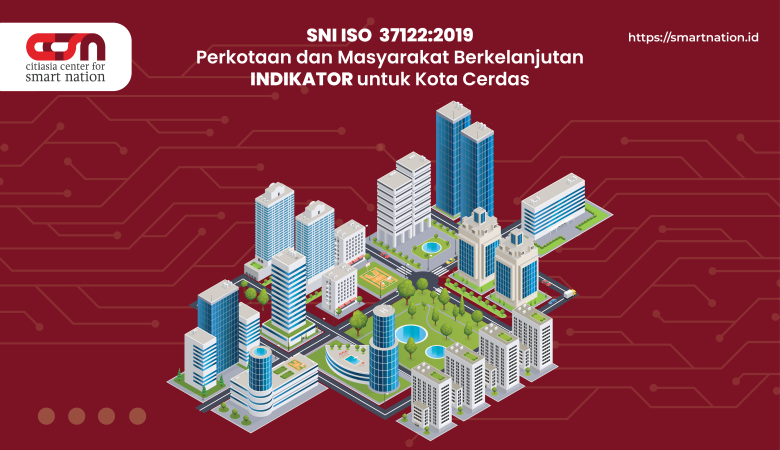
As the embodiment of trends towards the design and implementation of urban social technology and environmental experiments during the transition period, eco-cities have recently received strong governmental and institutional support in many countries around the world due to their ability to function as innovative strategies. It is a niche market where you can test and implement different reforms. Many eco-city models mainly follow the principles of urban ecology or are based on a combination of sustainable urban strategies and smart city solutions. The most notable of these models are areas of resilient integration and data-driven smart eco-cities. The latest model represents the unprecedented transformational change that the eco-city is currently undergoing in light of the paradigm shift in science and technology led by big data science and analysis.
This is motivated by the growing need to address the issues surrounding ecological cities in terms of approaches and practices for planning, development and management. Using a combination of evidence synthesis and narrative approaches, this article provides a comprehensive, up-to-date and thematic review of the literature on data-driven, sustainable, integrated regions and smart eco-cities. This emerging field is considering the integration of eco-urbanism and smart urbanism to some extent in the era of big data, what are the factors driving it, and what its form is, and it is an important gap that this article intends to fill. And the direction it takes. This study demonstrates that eco-city development is increasingly embracing compact urban strategies and that growing cities are becoming a common expansion route to achieve urban ecology or urban resilience.

It also shows that new eco-city projects are increasingly using data-driven smart technologies to drive environmental, economic and social reforms. We do this by combining the strengths of green and smart cities and leveraging the synergies of strategies and solutions to enable green cities to improve their sustainability performance in a tripartite context. This, in turn, means that big data technologies will reshape eco-urbanism in fundamental and irreversible ways in terms of how eco-cities are tracked, understood, analyzed, planned, designed and managed.
However, smart urbanization has significant risks and drawbacks that must be addressed and overcome to achieve the desired outcomes of environmental sustainability more broadly. One of the key important issues raised in this regard concerns the negative impacts and hidden pitfalls associated with the feasibility of techno-bureaucratic management of smart, green and data-driven cities. In addition, this study highlights the growing adoption and diffusion of big data technologies in eco-urbanism, helping policymakers and planners evaluate the pros and cons of smart urbanism in pursuing sustainable urban transformation in the big data era. We aim to be helpful.
Global problems require global solutions. A little bit of sharing fun added to the mix isn’t bad either. Say hello to Litterati, a free app that encourages users to pick up trash and share their efforts with like-minded people. But this app does more than just keep things organized. Behind the funniest campaign announcing members’ intentions to clean up profile pictures, photo galleries and neighbors lie a secret weapon. That’s crowdsourced data.
Litterati gather vast amounts of information about what kind of garbage people collect and when and where they collect it to paint a holistic picture of how garbage exits and enters our cities. This, in turn, has given fast-food chains, individual businesses and even elementary schools the conviction that green changes are desirable and beneficial. Essentially, Litterati is asking the following question. What if there was a little more activity in Slacktivism? And here is the problem. working.

Litterati, an international waste management company, recently selected Hayward, CA; Memphis, Tennessee; and Norfolk, Virginia, for a new urban fingerprinting project. To date, Litterati has provided cities with Analyze products within the Litterati platform. The analysis allows cities to use Litterati machine learning applied to garbage photos to take a scientific approach to the data to determine baseline levels of waste composition (materials, objects and brands) in specific parts of the city, such as commercial corridors or illegal cities. there is. Dump hotspots. This information gives government partners a single estimate of who, what, where and when waste data, allowing cities to better formulate their waste prevention strategies.
The City Fingerprint Project expands its original data locations, expanding its analytics platform to include more geographic research areas than currently covered by traditional areas of analysis. The Urban Fingerprint Project is also extending the study to four evaluation periods in each city to track changing conditions and determine which waste prevention measures are working and which are not. A third extension is that by coordinating work across three cities over a period of time, Litterati can better understand how to benchmark data from other cities to identify trends, patterns and ideas of macroeconomic waste in multiple cities.
Kirchner sees working with Litterati as a lifelong career, “It’s a lot easier to achieve a goal than simply to get paid.” Moreover, he claims that a better day to apply has not yet come. In addition to being in the early stages of a pilot campaign by a domestic company that asked Mashable to remain anonymous, Kirchner and his team are working hard to build the app over the next 6-12 months. Just as Fitbit users can count steps, Kirchner wants Litterati users to “quantify their positive impact on the planet.” The combination of these two factors seems to have the greatest impact. The potential for a positive feedback loop becomes a reality if you can create word of mouth about behaviorism on social media or the Internet and strategically use the data generated from that behaviorism to further advance environmental reform. Kirchner said of Litterati, “He makes quiet, isolated behavior social and accessible.”, “And now that overwhelming feeling is turning into inspiration.” A little inspiration can go a long way if Kirchner is right.
Penulis: Diva Maharani | Illustrator: Akbar Nugroho









Leave a Reply